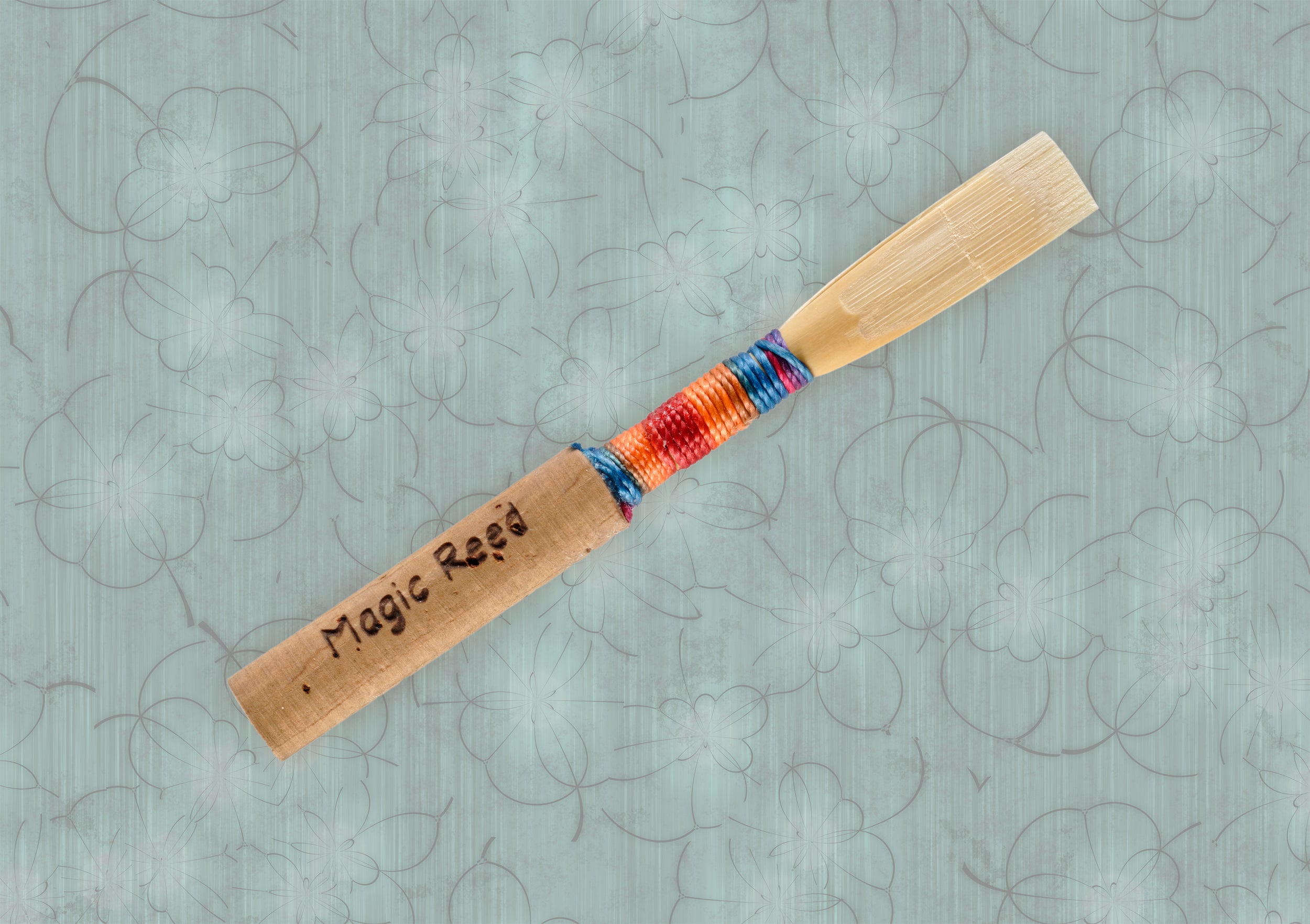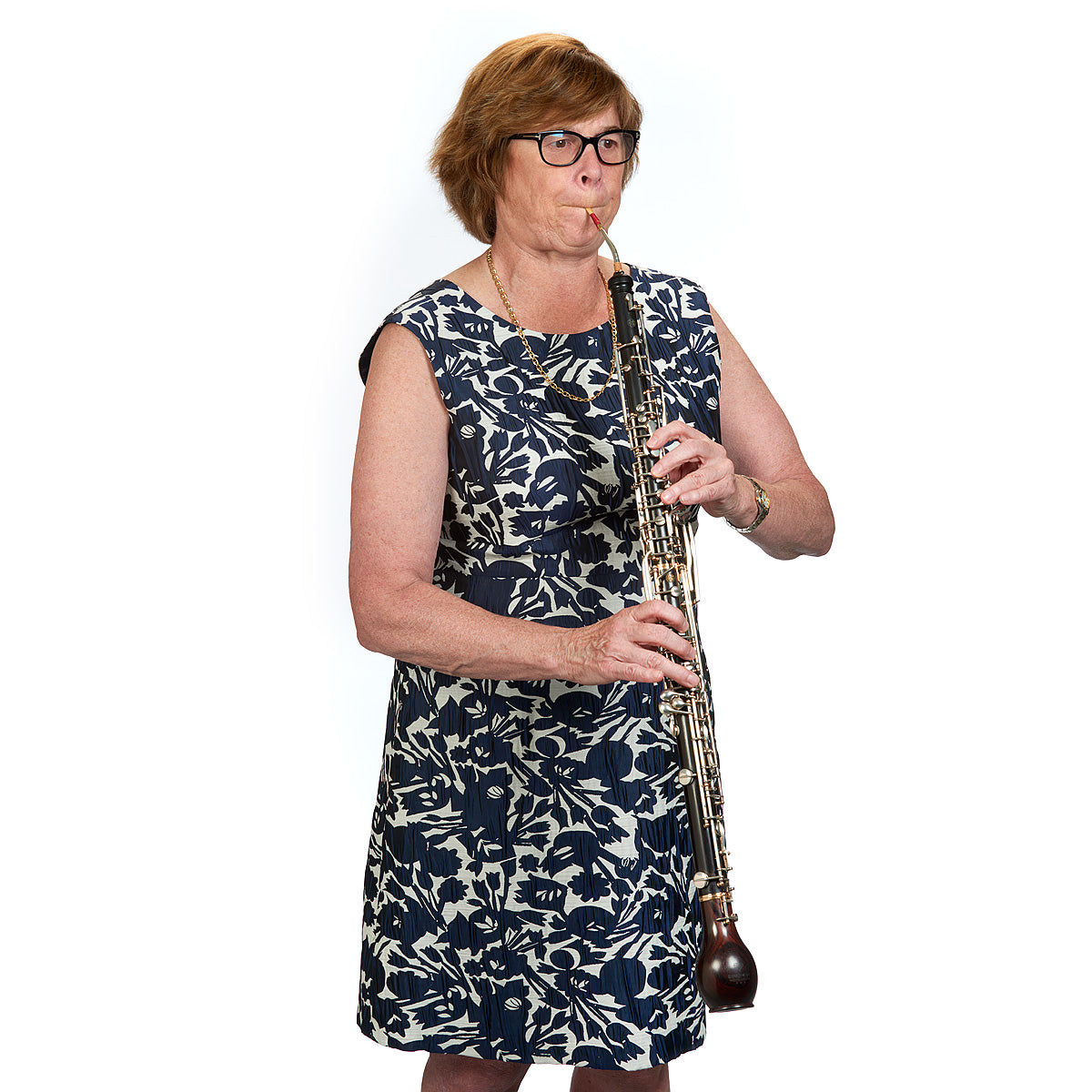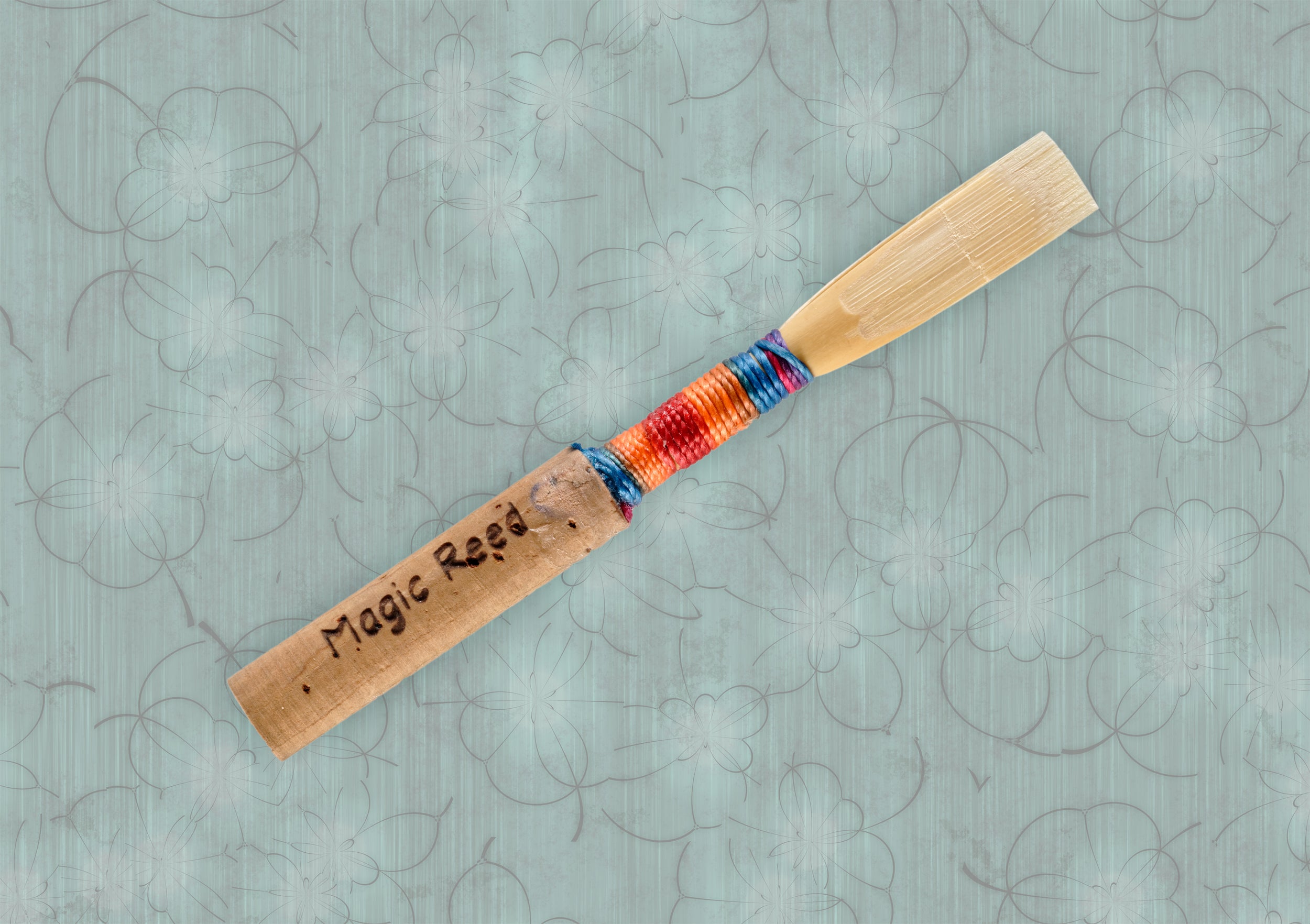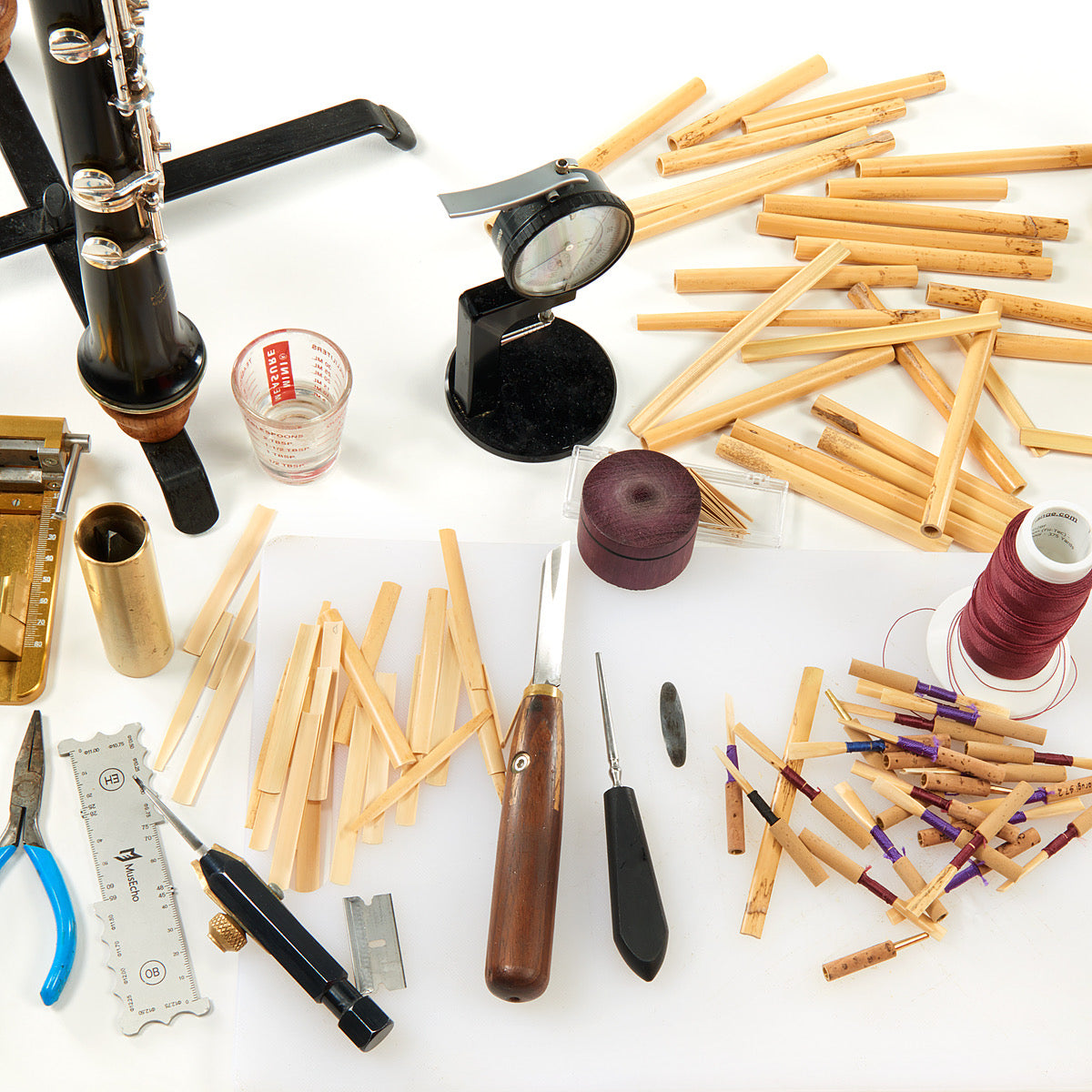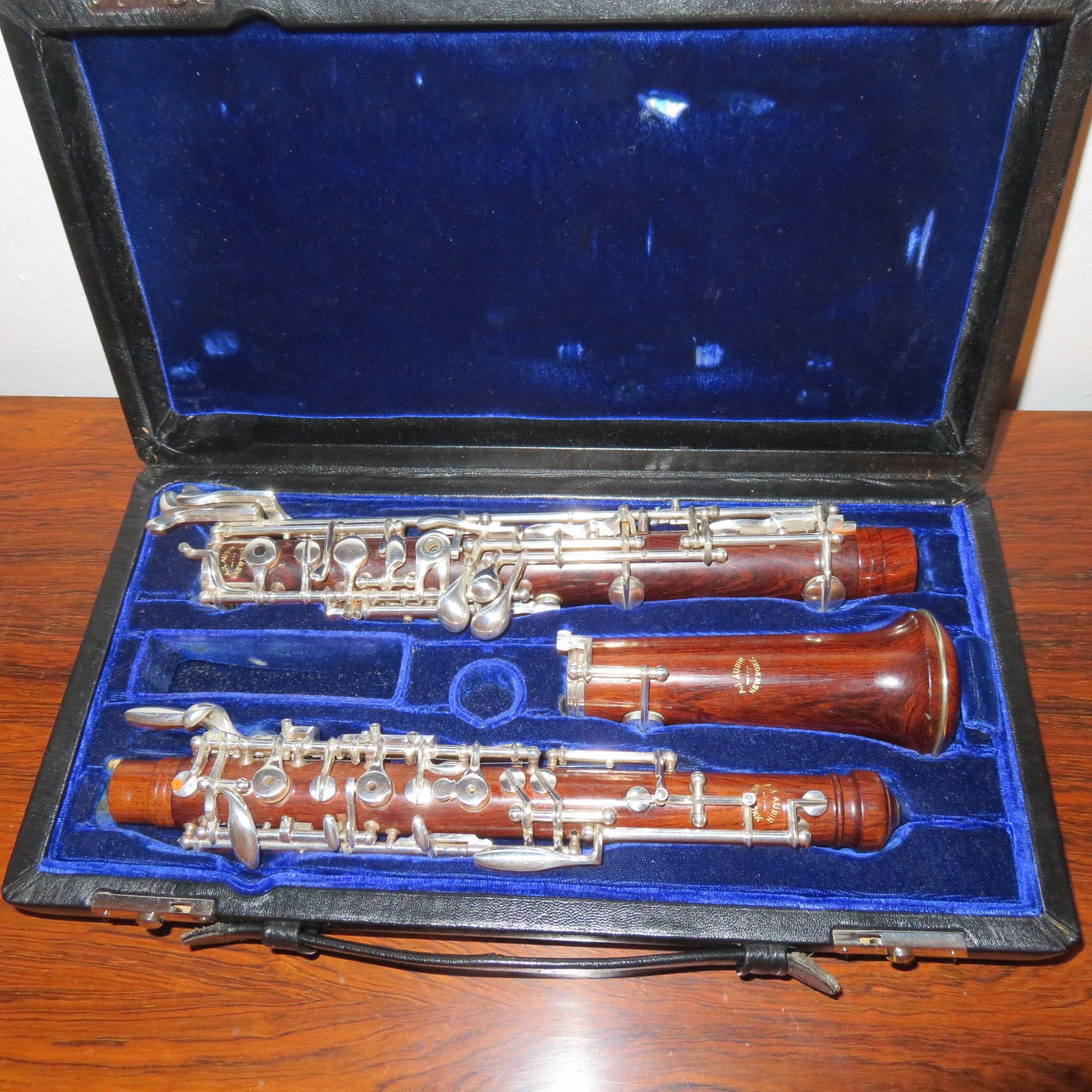
How To Buy An Oboe
-

-
 by Kathy Sheinhouse
by Kathy Sheinhouse
How To Buy An Oboe
INTRODUCTION
There are more oboe manufacturers, oboe models and oboe sellers than ever before. Buying an oboe can be a very challenging process. This is true whether you are a parent with no musical training making a purchase for a talented child or a professional with highly specific requirements. The purpose of this post is to help cut through the clutter so that a great buying decision is made, and a more satisfying musical life is achieved.
KNOW THYSELF
A good buying decision is based on an analysis of a number of intersecting factors. Where are you in your development? What are your goals? Are you looking for a transitional oboe or a long-term investment? Do you have tonal preferences? Where do you play most? What is required of you as a musician? Are you a good reed maker? What are your financial resources? Are you willing to consider both new and used oboe options?
TIMING AND AMBITION IS EVERYTHING
Let's start by dividing the oboe community into groups, and address the needs of these groups one at a time.
Elementary School Players:
If the school has oboes, the key question is whether they are in good repair. If they are not in good repair, or the school is requiring you to rent one of their instruments it is best to rent from a full-service oboe shop for the first year. I would discourage multi-year rental agreements or rent to own agreements on entry level student instruments. They are quickly outgrown and their resale value is the lowest once purchased.
Junior High/ High School Players
Recreational players with or without a teacher may want to continue renting, but upgrade their instrument. Renting to own a better instrument can be a good option. Purchasing a good used instrument can be a money saver, and can often be sold within a few years with a loss that is smaller than the cost of renting.
Aspiring Players will benefit from a more nuanced approach. Aspiring players needn't have plans to go to music school to benefit from a very good quality instrument. A parent is in the best position to judge the right balance of talent, enthusiasm and family budget in making this investment decision. Used Loree oboes are a safe investment for those with $4k or more to spend. If kept in good repair they will always have a decent resale value- but I would discourage most oboes older than a 1990 manufacture because they are harder to sell when you are ready to move on in a few years.
Advanced oboe students planning on attending music school should have the best new or used professional oboe they can afford as soon as possible. There are a few caveats: if purchasing an oboe after being accepted to music school, but before your first day of class, consider the possibility that you may be studying with a teacher with an oboe preference. If you are developing your reed making skills with that teacher, it makes especially good sense to buy the same, because reeds and oboes work hand-in-hand for the best outcomes. E-mail or phone your new teacher to get a recommendation. They should know who you are and should be willing and happy to offer this advice.
CONCEPT OF SOUND
If given free reign, listen to a variety of players and think about the tone color you prefer. Darker, brighter, broader, etc. Oboes are designed to support tonal preferences. This can help point you in the right direction. Note that brighter oboes usually require more developed reed making skills and darker oboes tend to cover some of the flaws of oboe reeds. If you are a developing reed maker who is pre-college, and you need to sound good now, consider the same strategy. The bottom line with purchasing as oboe is finding one that helps you sound your best. Bring trial oboes to your lesson to get a second opinion.
This is a big purchase, and you should include your teacher's input in the final decision. He can detect nuances in the oboe's performance that may be undetectable to you. If an oboe is being tested and an improvement in your sound is not apparent it may be too much oboe for you at the time, or the oboe might be out of adjustment. Your teacher will be able to help determine the cause and make a recommendation. Players who are not conservatory bound, but talented, need to assess whether they have the motivation to continue to play in college, when their music making is likely to be less structured than in high school. These players may benefit from a vintage professional oboe whose age would be determined by family budget.
MAKING AN INFORMED DECISION
When an oboe is being purchased it should include a trial period (especially for high end instruments). Reputable businesses almost always offer a trial period before you commit, and sometimes send more than one oboe for comparison purposes. If you buy on the marketplace, make sure that the oboe is on approval, and get a used instrument to an oboe repair specialist as soon as possible to determine if there are cracks and major maintenance issues.
If you have access to a local repairperson you might not need to buy from someone with an in-house repair shop. However, the resource may be helpful if there is a major malfunction the first year. Only use an oboe repair specialist. Local music stores are not equipped to deal with the nuances of oboe repair, although they can replace tenon corks and pads if necessary.
NEW OR USED
In general, If you have identified the oboe brand that matches your taste, but cannot afford a new one, consider a used oboe with an age/price combination that you can afford and has lots of life left in it. I find vintage oboes in the 70s and 80s to have great value as long as they are in good condition (no major cracks that were pinned, hairline cracks repaired by a professional, and pads in good condition). I would not buy a used instrument that required a complete overhaul. You don't know what you are getting.
The cost of new professional oboes is generally $8000-$14,000. Buying a new oboe is very exciting, but there are certain downsides: steeper depreciation, especially the first couple of years (Laubin and Hiniker, while the most expensive oboes on the market, hold their value well because of their scarcity). There are certain brands that have flooded the market, and are not holding their value as well-you will recognize them on used oboe sites. Consider the possibility of cracks (especially first year), and do everything that is recommended to reduce this chance. There are certain high end oboes where quality has declined over the last few years, so that older versions are better values. I generally do not believe that intermediate oboes are good investments for advanced oboists because they usually hinder progress, or are outgrown very quickly. If the decision is financial, again, find a vintage oboe instead. Used intermediate oboes for players with 1-3 years experience can be an excellent investment. Always buy an instrument at least a grade level higher than current skill level.
OBOE REVIEWS CAN HELP
The most important consideration in making oboe buying decisions is to do so in a way that reduces risk and improve outcomes. There are sites that provide reviews on oboes, and these should be studied in advance of purchase. Stay away from Amazon reviews. They only represent a fraction of the market, and usually oboes that are mass produced, and sold on their site. I would stick to purchasing oboes within the bonafide oboe industry. These sellers are all members of the International Double Reed Society (IDRS). Some do repairs, some do not, but you need to know who your seller is, and they need to play oboe so that they know what they are selling you. Also, I would stick with instruments that are more widely used in the US. There are some very good European models that are not popular here, and would be hard to sell if you want to.
If you find oboe brands on E-bay with China as an origin, even if they say professional-run for your life. Don't buy an oboe without talking directly to the seller, and make sure they are oboists. This reduces scamming (intended or unintended). It also helps you to collect a fuller history of the instrument. Always ask for serial numbers and look them up on-line. If you can't figure out the date, call the manufacturer.
While this is not an exhaustive dissertation on the subject, I hope that you find it useful in making your decision.


